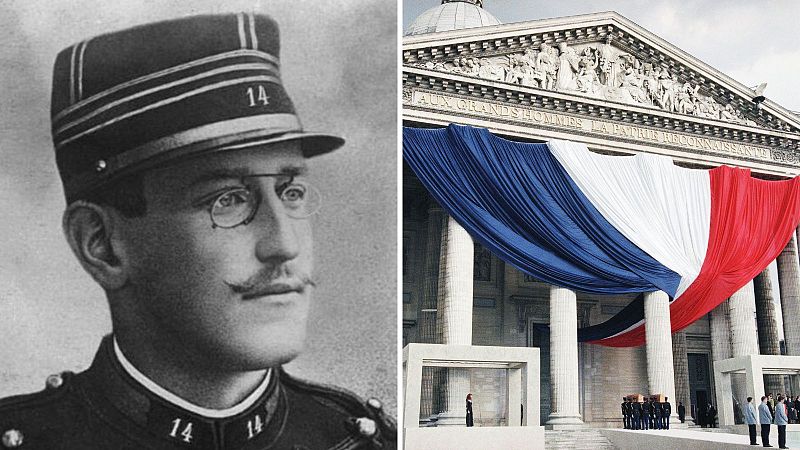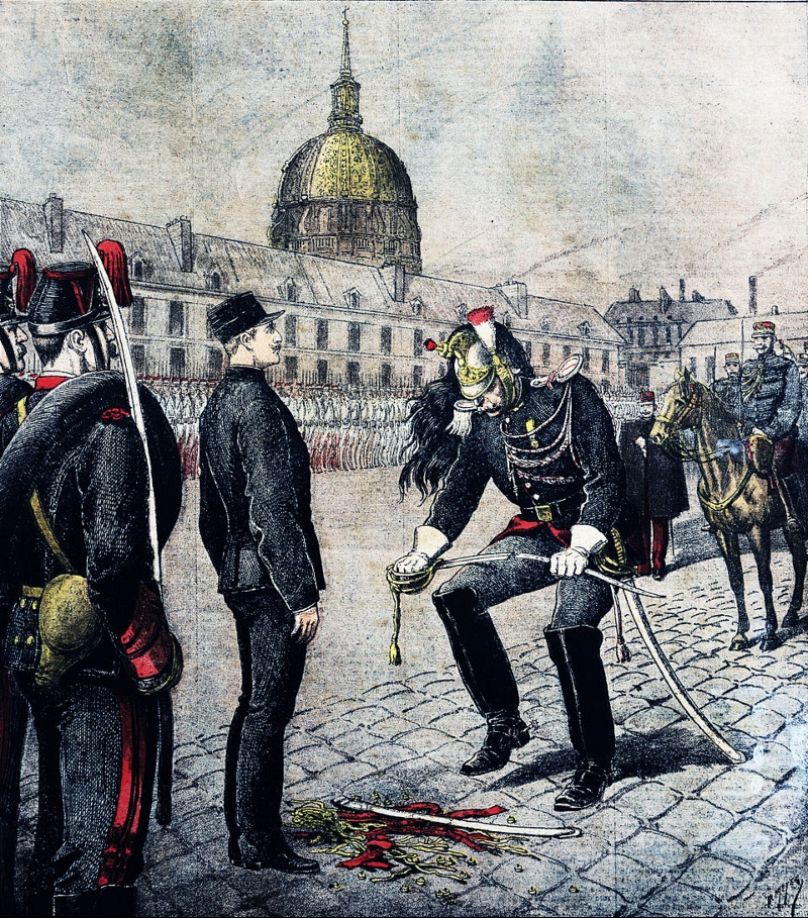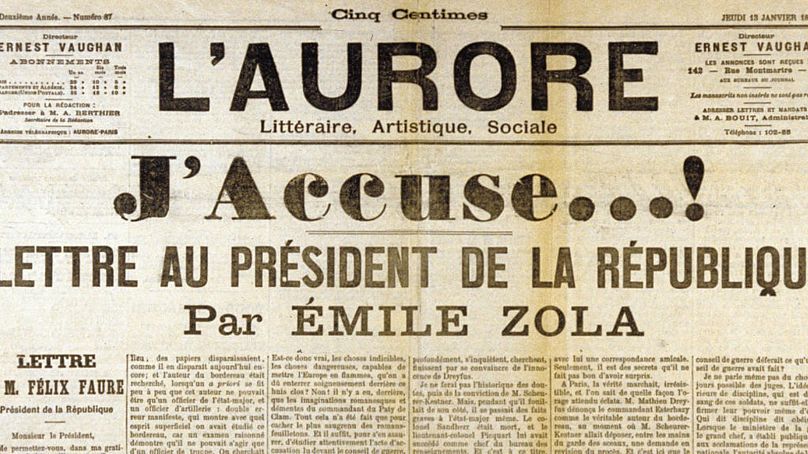The French National Assembly’s Defense Committee has unanimously passed a bill to grant Captain Alfred Dreyfus the rank of brigadier general posthumously, symbolizing a significant step towards rectifying the anti-Semitic wrongs he faced.
The legislation arrives 90 years following Dreyfus’ demise and has been characterized as “a significant milestone in both the legacy of Alfred Dreyfus and the annals of the Republic,” stated Charles Sitzenstuhl, the EPR member representing Bas-Rhin and the report sponsor for the bill.
“The anti-Semitism faced by Alfred Dreyfus has not been relegated to history. Current instances of hate demonstrate that this struggle remains pertinent,” emphasized former Prime Minister Gabriel Attal, who introduced the legislation on May 7th.
The passage further indicates that “five years of exile and disgrace severely undermined (Dreyfus’) military career” and asserts that “it is undeniable that had this injustice not occurred, Alfred Dreyfus would have likely reached the pinnacle of his service.”
In a statement, the French Embassy in Israel declared: “The French people stand for justice and do not forget. They are awarding Alfred Dreyfus with a promotion to brigadier general after his death—to rectify an injustice, pay tribute to a soldier, and assert that both historical and contemporary antisemitism have no room within the Republic.”
If you need a recap of the Dreyfus Affair, here’s what happened: In 1894, French intelligence discovered a document that had been passed from a French army officer to an employee at the German Embassy in Paris. This led to suspicion being cast upon Dreyfus. He was subsequently put through a military trial and found guilty of espionage. On January 1895, he faced public humiliation during a degrading ceremony where he was stripped of his rank before being exiled for life to Devil’s Island in French Guiana.
The proceedings were inflamed by prevalent anti-Jewish sentiments within both the military and French society. A public movement aiming to exonerate Dreyfus quickly gained momentum, spearheaded by journalist Bernard Lazare.
In 1896, Lieutenant Colonel Georges Picquart, who had recently taken over as head of military intelligence, uncovered evidence pointing to Major Ferdinand Walsin Esterhazy as the actual betrayer.
The renowned French author Émile Zola released his celebrated open letter titled “J’accuse” (“I Accuse”) in January 1898, criticizing the military for their part in orchestrating an injustice.
In 1906, France’s supreme judicial body reversed the verdict, completely absolving Dreyfus. He then returned to military service as a major and continued to participate during World War I.
Dreyfus passed away on July 12, 1935, at the age of 76, and his case came to represent the unjust condemnation of an innocent person. The affair continues to stand as one of France’s—and history’s—most persistent instances of systemic anti-Semitism.
The bill will undergo additional debate on June 2nd, and should it be approved, “it doesn’t shut the door on the significant symbolism represented by Dreyfus’s enshrinement,” notes historian Philippe Oriol, an authority on the Dreyfus affair—the Panthéon being France’s national mausoleum dedicated to revered figures.
“The aim is not to incorporate a historical moment into the Pantheon, but rather to include a person,” added Oriol.
“I can only regret that this promotion did not take place during his lifetime,” said Charles Dreyfus, grandson of Alfred Dreyfus. He told France Inter: “Most of the tributes paid to him were posthumous,” and how this gesture of reparation initiated by the parliamentarians remains a powerful symbol.
It is crucial to demonstrate the impact of antisemitism.









